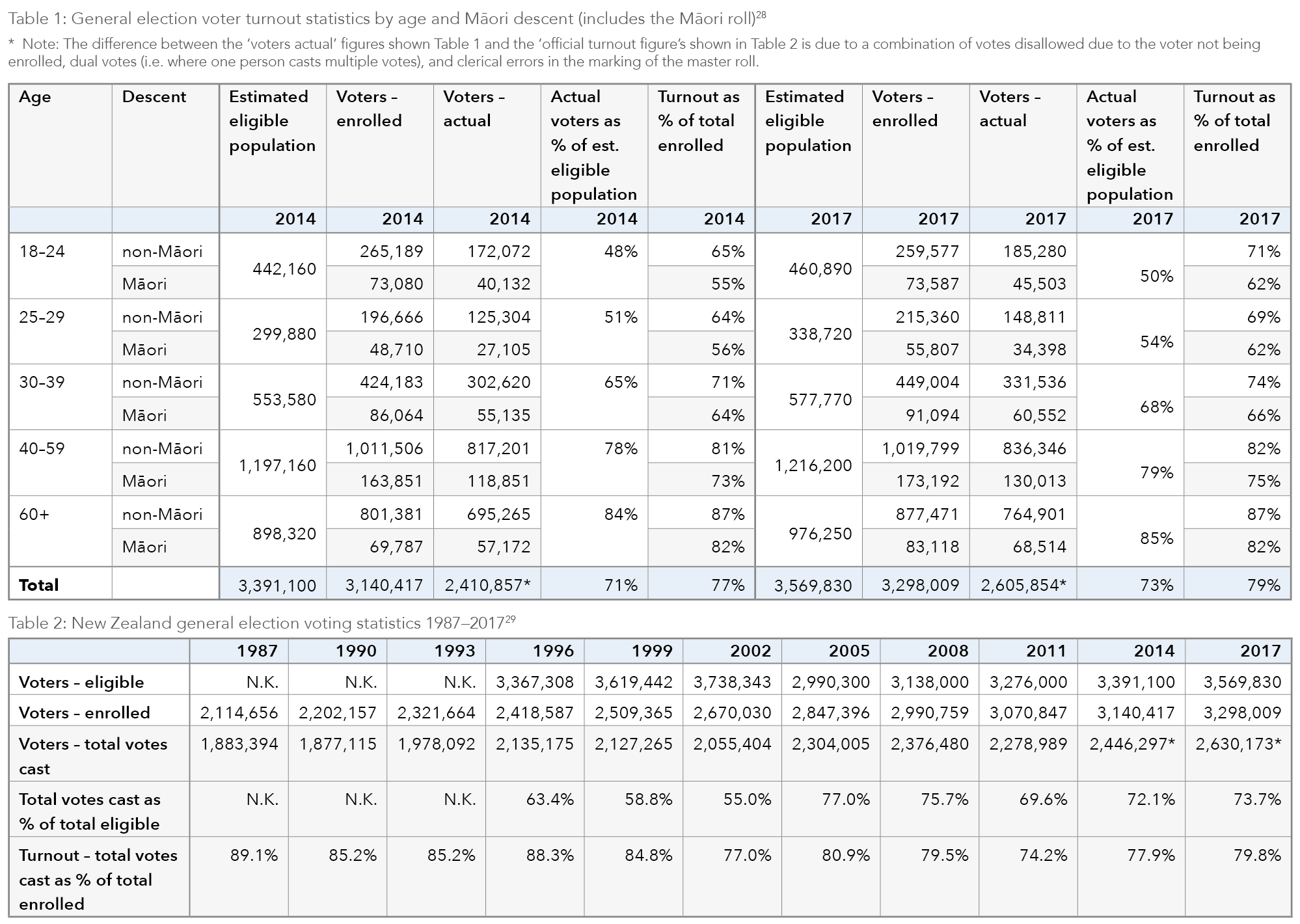Think Piece 29 – Civics and Citizenship Education in New Zealand: A case for change? and Working Paper 2018/02 – Civics and Citizenship Education in New Zealand Schools: Current state have now been published as accompanying documents to the Policy Quarterly (vol 3, issue 4) article ‘Civics and Citizenship Education in New Zealand: A case for change?’ published last year. The three documents are authored by Todd Krieble (patron of the Institute and Principal Economist at the New Zealand Institute of Research) and Danijela Tavich (Masters in Public Policy, currently working at the Ministry for the Environment) for the McGuinness Institute as part of Project CivicsNZ. The publications are a response to the recommendation of the Constitutional Advisory Panel in 2013 for the creation of a national strategy for civics and citizenship education (CCE) in schools, kura (Māori-medium schools) and communities. The working paper lays the groundwork for the CCE strategy, compiling research to support the idea that improved citizenship education is an outcome worth pursuing and laying out a timeline of relevant publications and events in New Zealand. The findings of the working paper can be summarised as three trends that jeopardise our democracy and therefore outline a case for change in CCE:
- Loss of a common platform for public discourse,
- Lack of knowledge about and interest in how democracy works (see extract below: a table from the think piece about voter engagement),
- Inconsistency in what constitutes CCE.

Tables extracted from Think Piece 29 – Civics and Citizenship Education in New Zealand: A case for change
In May 2017 the Institute hosted an evening workshop to present the preliminary draft versions of the think piece and working paper, which were made available for guests to read prior to the event. The event brought together a a diverse group of 40 individuals to build on the idea of a civics strategy in New Zealand. Discussions explored the current state of civics and citizenship education in New Zealand in order to discern what would need to change to achieve a successful outcome. As a result of the workshop, Todd and Danijela were able to add tangible solutions to the draft documents as potential next steps for improving civic knowledge and engagement within all sectors of New Zealand society. The ‘Three Cs Framework for CCE’ (adapted from a Policy Quarterly article written by Todd Krieble and Penny Gault) refers to the key components to consider in relation to CCE: content, critical thinking and connection. The seven recommendations are structured using the Three Cs Framework:
- Bolster social studies and consider policy trade-offs (content)
- Connect curriculum objectives (content)
- Coordinate existing efforts with CCE hubs (content)
- Active citizenship and news sources (critical thinking)
- Role for public interest media (critical thinking)
- Civic engagement is more than voting (connection)
- Engage the disaffected (connection)
The central argument of the documents is that civics and citizenship should be an explicit part of The New Zealand Curriculum, and that the foundations are already there.
About Project CivicsNZ
Project CivicsNZ aims to build social capital and improve empowerment. As part of this, the Institute has followed the progress of the Constitutional Advisory Panel, researching and reporting on key elements or issues. The StrategyNZ: Mapping our Future workshop also contributed to this project as a forum for young New Zealanders to discuss the Constitutional Review. The workshop highlighted that young people need to be involved in, and have the capacity to engage with civic debate in New Zealand, which in turn led to our pursuit of a national strategy for civics and citizenship education in schools and in the community, as recommended by the Constitutional Advisory Panel. We are looking to work with others who are interested in this area.
